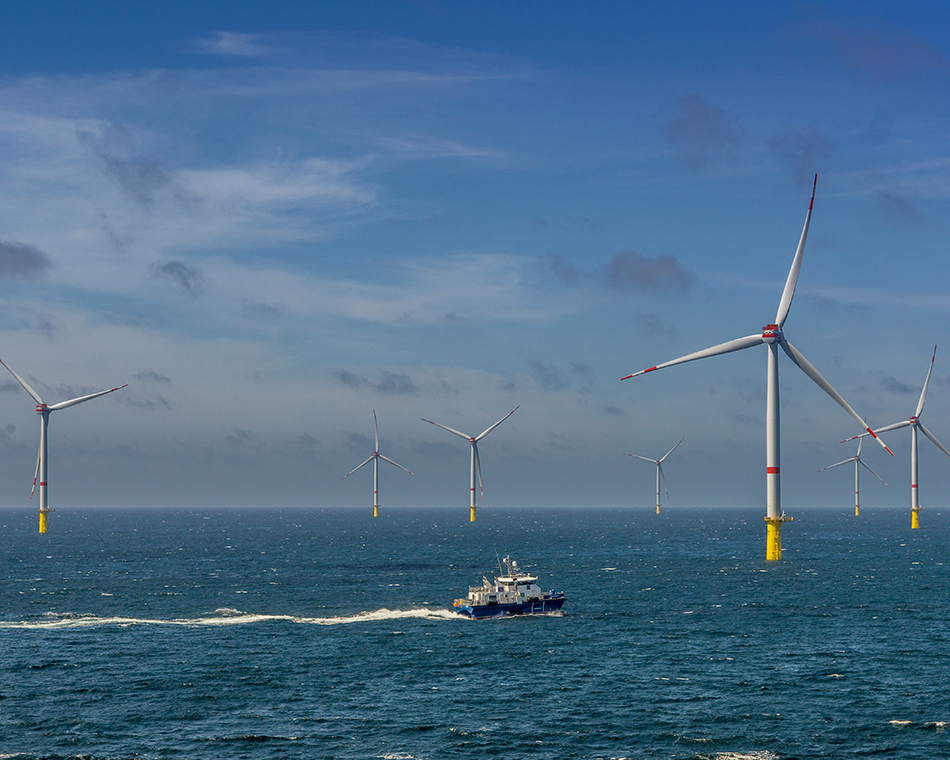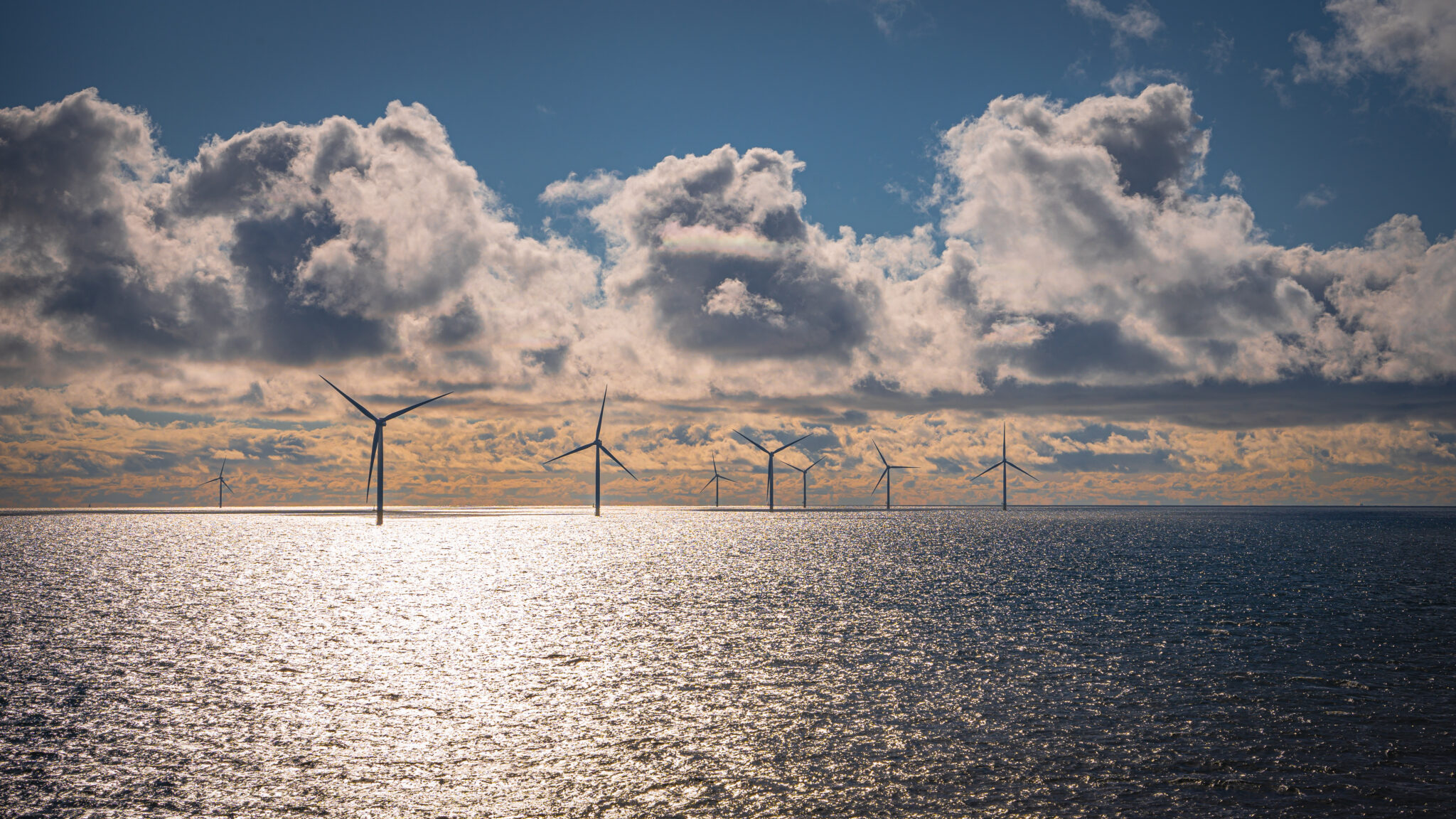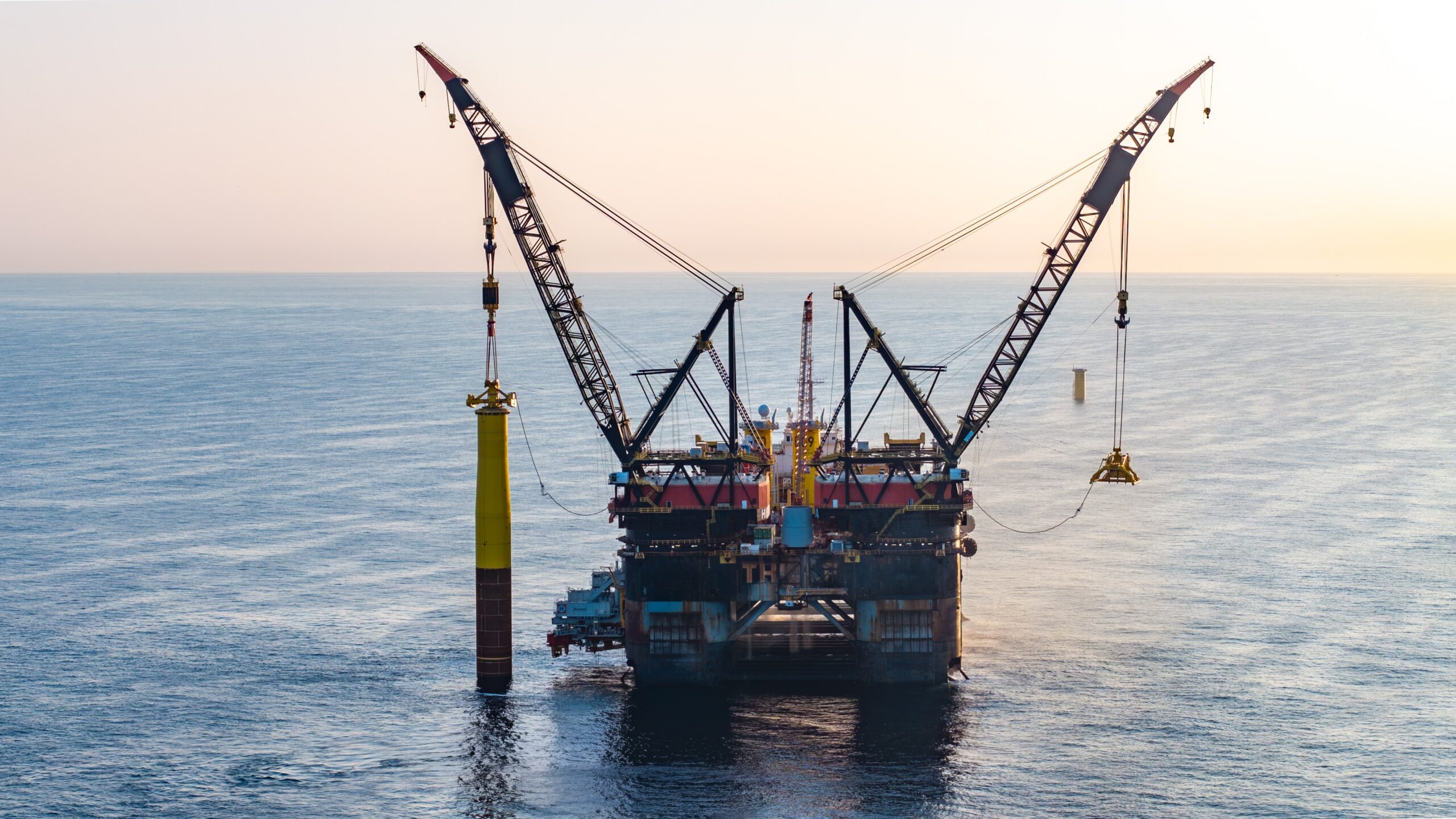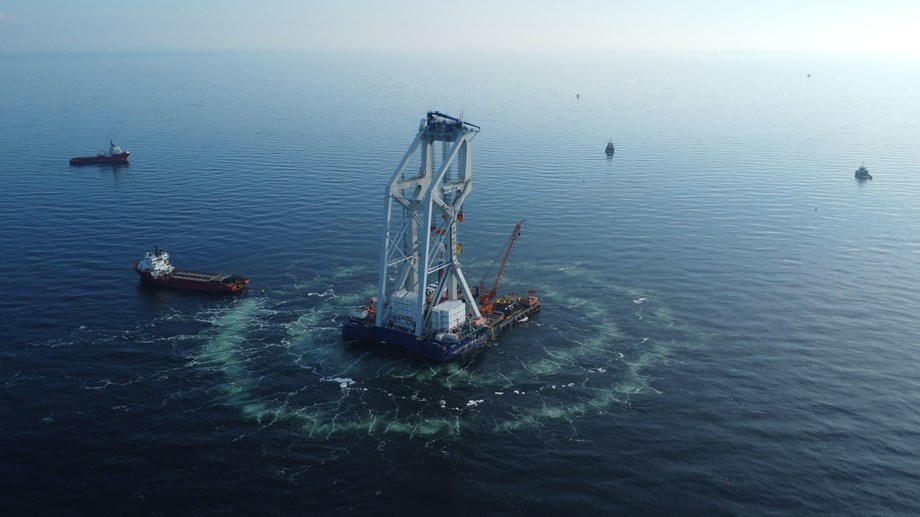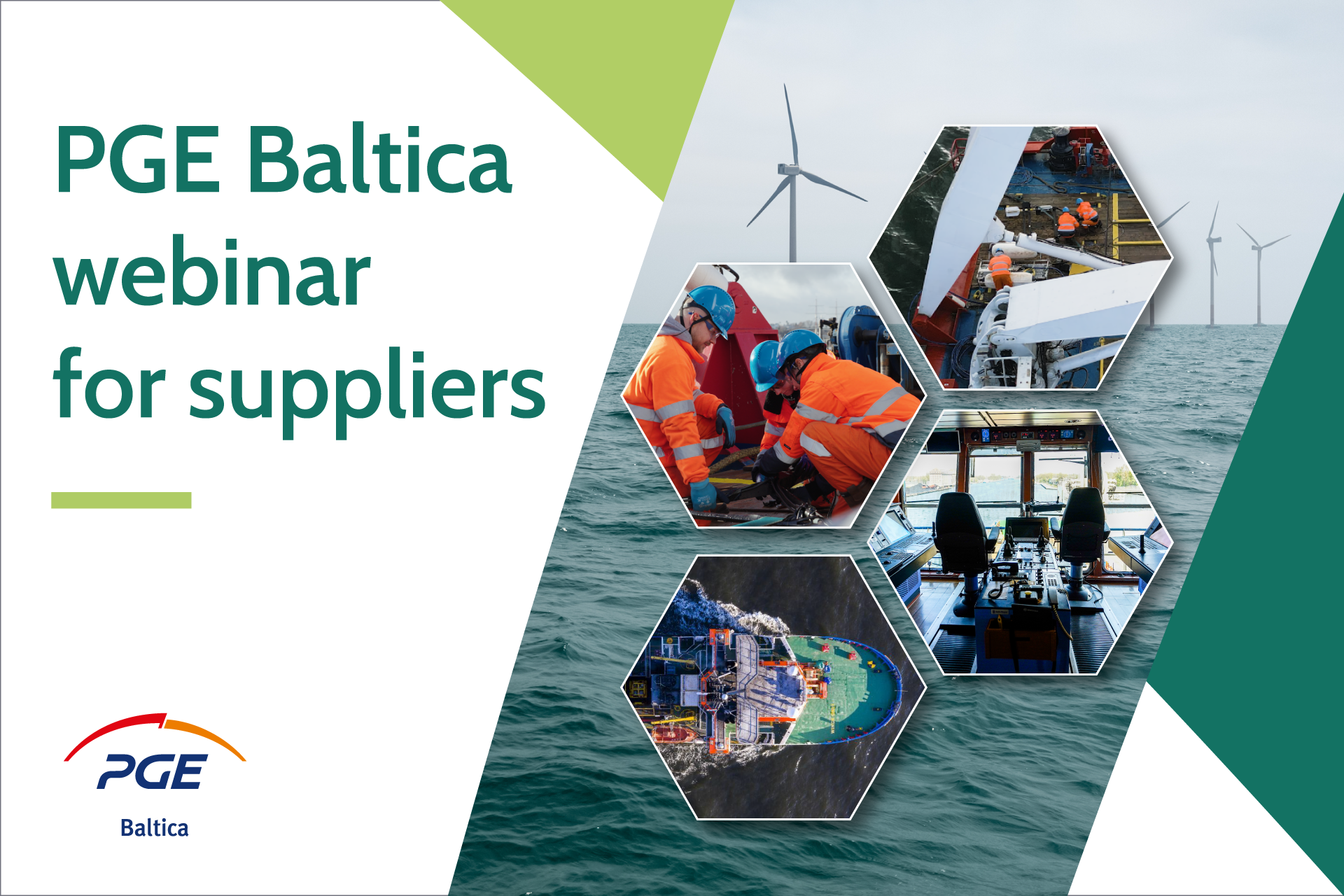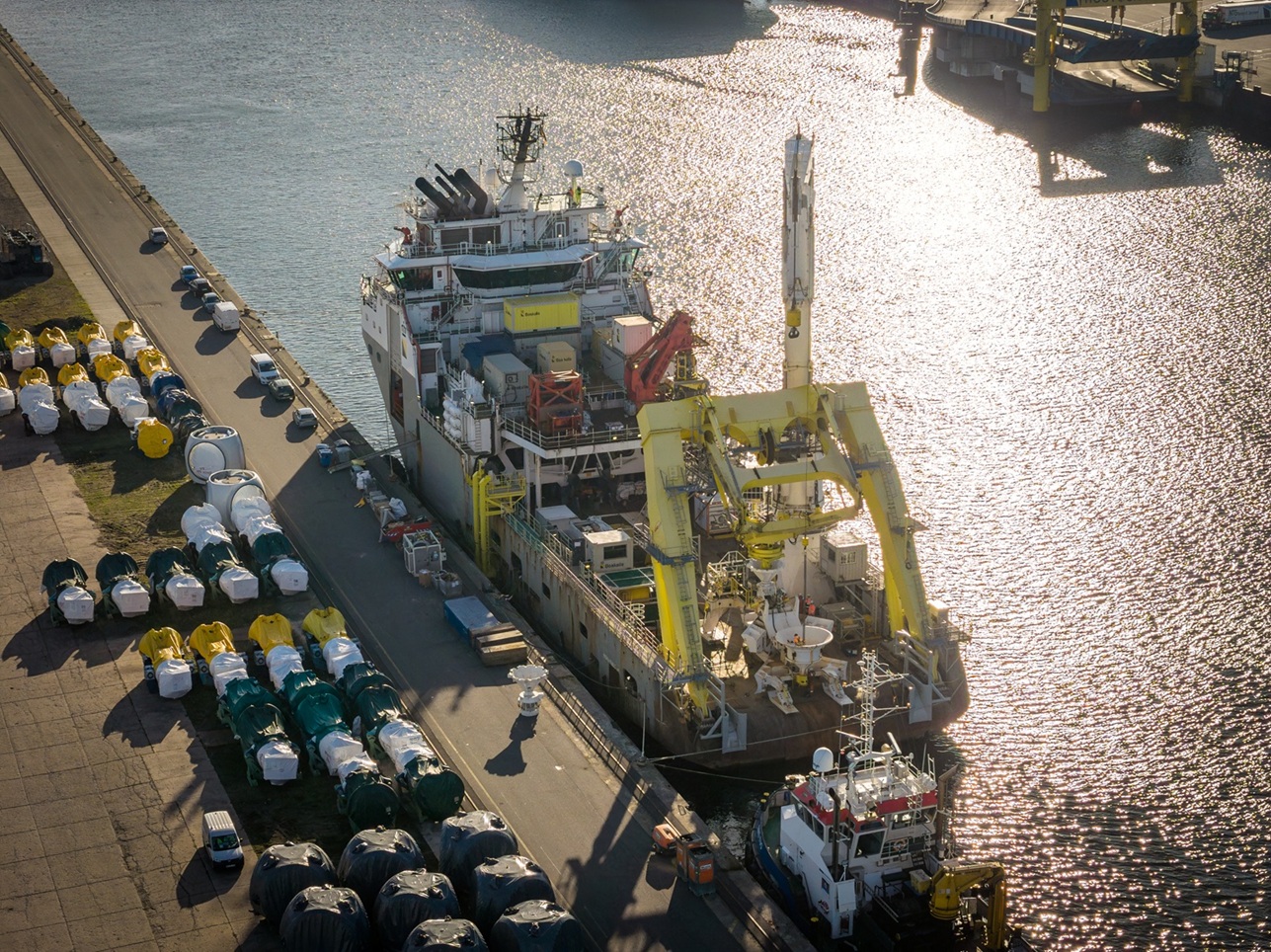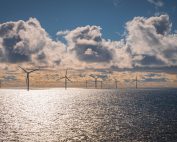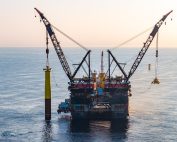Germany is currently working on a draft offshore wind energy law (WindSeeG). The Federal Association of Wind Farm Operators Offshore (BWO) has submitted comments and recommendations to the Federal Ministry for Economic Affairs and Climate Action on measures to accelerate offshore wind development.
BWO Managing Director Stefan Thimm indicated in a commentary that the project shows willingness to accelerate the expansion of offshore wind in Germany. Changes were presented to include legal entrenchment of new offshore wind expansion targets, prioritization of offshore wind energy in marine spatial planning, shortened procedures, short-term tenders for additional offshore wind development areas, and reorganization of tasks and responsibilities in offices and ministries. Thimm indicated that BWO has comments and concerns about the shape of, among other things, auctions for offshore wind. He argues that, not only because of the current political situation, further increases in energy costs for industry and households should be avoided across the full range of contexts. In order not to waste too much time, the rules for conducting tenders for areas that have not been covered by the preliminary central survey should be specified in the regulation authorizing them with the amendment.
As for the arrangement in the coalition agreement to “remove all barriers and obstacles to the expansion of renewable energy”, the WindSeeG bill falls short of this intent. BWO indicates that there is a need for optimization, especially in terms of proposed deadlines for offshore wind projects and project fines in the first and second bidding phases.
As the comments read, BWO welcomes the fact that the new expansion targets in the coalition agreement (30 GW by 2030) are supported in the bill. The law stipulates that the auction volume for offshore wind should range from 6-7 GW in 2023, 5-6 GW in 2024-2026, and up to 4 GW from 2027.
There should be compensation for inflation risk in connection with contracts for difference. If there is a significant increase in the price of the required components, CFD participants cannot compensate for this with higher market revenues. For this reason, indexing in contracts of difference abroad (e.g. France, UK) is a common practice. There is a risk of “orphaned investment” and the likelihood of projects may decrease. Therefore, fluctuations in the commodity markets for steel and copper between the contract award and the grid connection date should be compensated by indexation. Especially against the backdrop of recent events, such indexing would greatly increase the likelihood of projects.
Recycling is an important issue in offshore wind, BWO points out. However, it is not suitable as a differentiating criterion in auctions.
All of BWO’s comments on the law and explanations can be viewed HERE (in German).
Source: BWO
